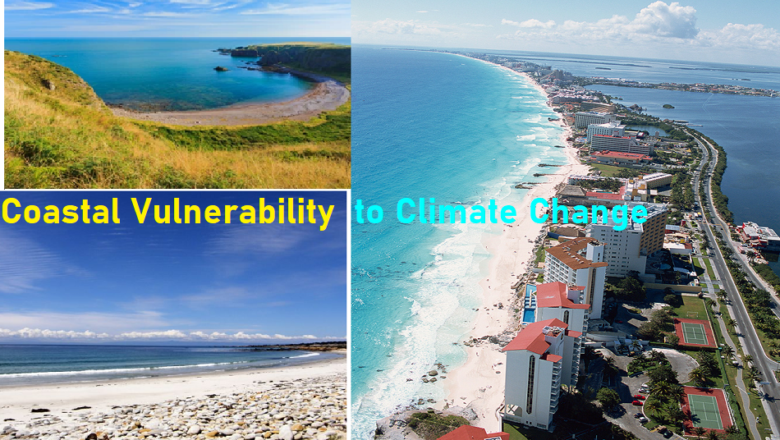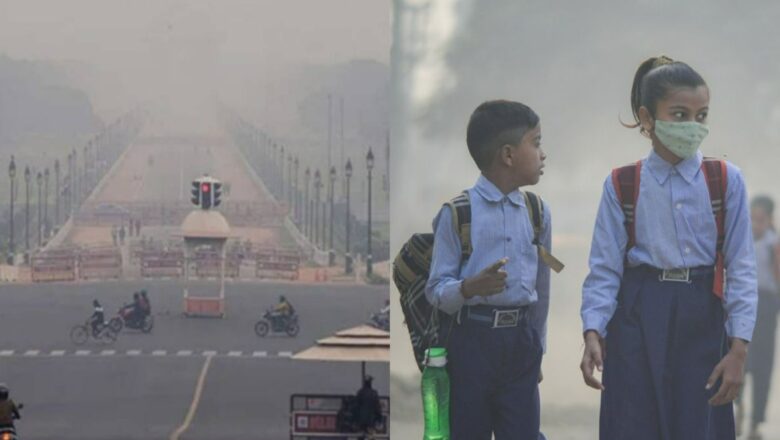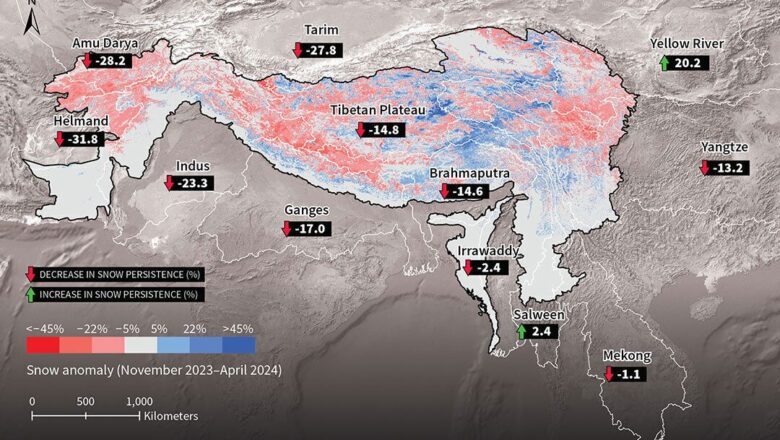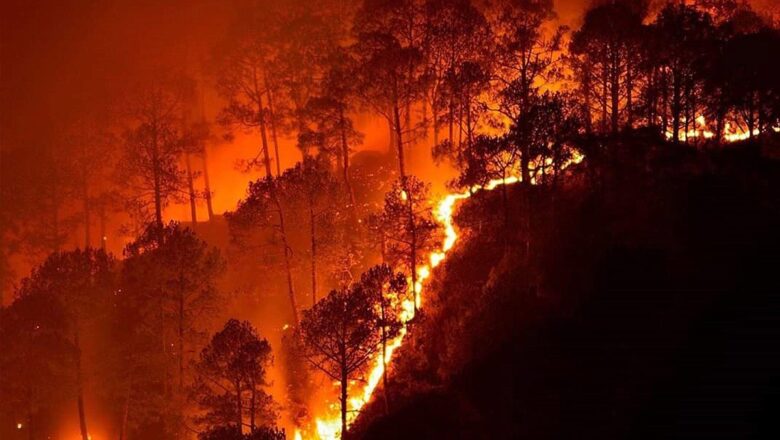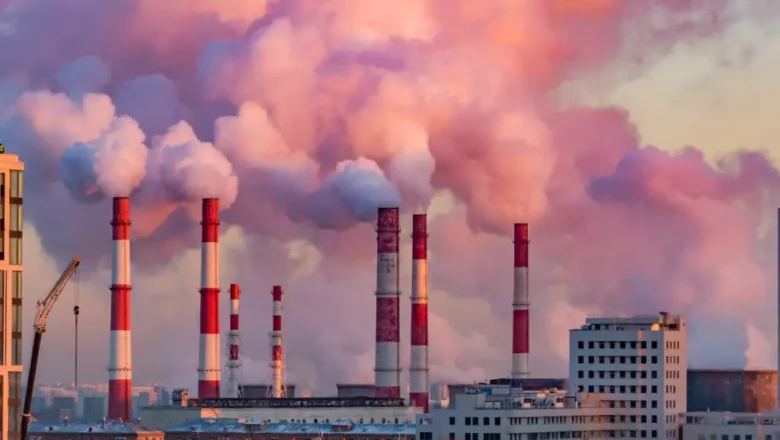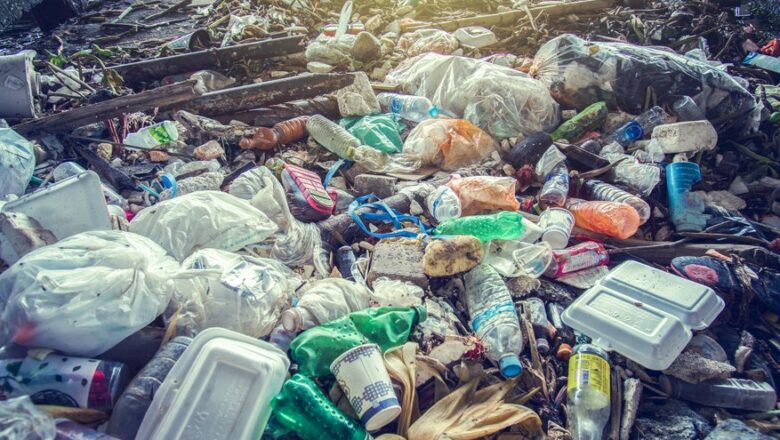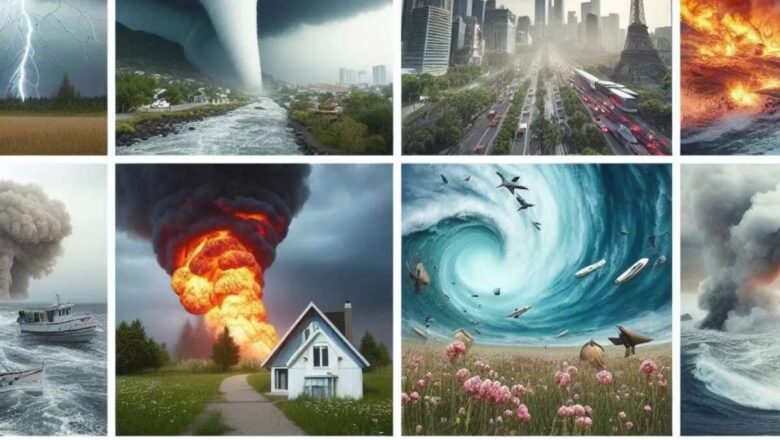
WMO Report Highlights Urgent Need for Enhanced Hydrometeorological Services in Vulnerable Nations
The World Meteorological Organization (WMO), a founding member of the Alliance for Hydromet Development, has released the 2024 Hydromet Gap Report, revealing critical deficiencies in hydrometeorological services (hydromet) across Least Developed Countries (LDCs) and Small Island Developing States (SIDS). The report, launched during the 8th SOFF Steering Committee meeting, underscores the severe impact of these gaps on climate adaptation and resilience efforts, with significant implications for sustainable development and disaster preparedness.
Key Findings
The report provides a comprehensive analysis of the state of hydromet services in 20 countries, highlighting the following critical gaps:
Weak Observational Infrastructure: Many National Meteorological and Hydrological Service...

